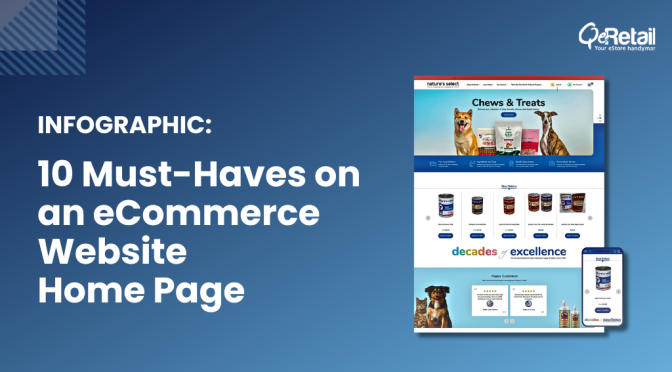
Embed this infographic:
Who is Gen Z?
Born between 1995 to 2012
Gen Zers is next biggest consumer segment especially for the retail industry.
For marketers it will be a whole new ball game to capture the attention of this “born digital” generation whose online behaviour presents a whole new set of rules to play with when marketing to them online or offline.
Why Gen Zers have become all so important?
- GenZ will account for 40% of all consumers by 2020
- They represent up to $143 billion in buying power
- 93% parents say their children influence family and household purchases
Gen Z are described as:
- Digital Natives
- Do Gooders
- Independent Learners
- Short attention span
- Demanding consumers
- Private
- Higher IQ
- Entrepreneurial
- Multi-tasking
- Hyper-aware
- Accepting
- DIYers
GenZ uses:
- streaming audio - 4.8 hrs/week
- Social media - 4.6 hrs/week
- Streaming video - 4.2 hrs/week
- Websites - 4.2 hrs/week
- Magazines - 1hr/week
Being “Born Digital” Gen Zers are huge tech enthusiasts & smartphones reigns supreme
% of device usage by Teens
- Smartphone - 78%
- Laptop - 69%
- Television - 68%
- Gaming Console - 62%
- Tablet - 52%
Where do Gen Zers spend the most?
| Gen Zers age 16 to 21 Spends frequently on: | Gen Zers age 6 to 11 Spend their allowance or money on: |
|---|---|
| Cars | Toys |
| Groceries | Candy |
| Entertainment & Hobbies | Video Games |
| Studies | Clothing |
| Mobile Phone | Movies |
| Bills | Collecting Cards |
| Appearance | Board Games |
| Savings | Magazines/Comics |
| Restaurants | Restaurants |
| Fast-food | |
| Debt Payments | |
| Public Transportation |
How to GenZ respond to ads:
- 48% agree that advertising helps them learn about new products
- 47% appreciate relevant ads and 44% expect ads to be relevant to them
- 72% of those within the Gen Z age group category in the United States said humor boosts their receptivity to an advertisement
- 58% admit good music keeps their interest
- 56% said the ad must tell a good story and 26% want special effects in the ad
- 63% of Gen Z prefer real people to celebrities in advertisement
How are they different from Millennials?
- Gen Z cares more about personal success and wants to be perceived as more successful than the other generations
- Purchasing brand name products makes them happy
- They are willing to pay more in order to get products that can help in crafting their identity
- Gen Z is much less interested in traditional loyalty programs, cards and promotions then millennials.
What do they expect while shopping online?
- Innovative and tech-driven stores
- Aesthetics & unique experiences
- Smartphone self checkout
- interactive shoppable screens
- Virtual try-on for apparels
- Speed is a primary concern
- Value peer opinions and use social media for immediate opinions
- Hidden charges is a major turn-off
- Wide choice of products
- Ability to design their exclusive own products
- Personalized experience
Gen Z and social media
- Gen Zers check their social media accounts as often as 100 times a day
- 80% of Gen Z purchases are influenced by social media
- 70% prefer Youtube over broadcast or cable television
Gen Z on social media platforms:
- Snapchat - 56.4% - Share real, unfiltered moments
- Twitter - 35.4 % - Source for news and world affairs
- Facebook - 52.8 % - Glean for information
- Instragram - 59.6% - Show their aspirational self
- Google+ - 42.2%
- Pinterest - 26.6%
Source:
https://www.inc.com/andrew-medal/how-to-give-gen-z-ers-shopping-experience-they-want.html
https://growingleaders.com/blog/six-defining-characteristics-of-generation-z/
http://www.responsemedia.com/gen-z/
By 2020, Gen Z would account to 40% of your consumers. This future generation which is born after 1995 is highly enthusiastic and believes in consistent innovation. Obviously, the way you engage and sell to millennials may not work with your audience belonging to Gen Z.
How to Plan Effective Gen Z Marketing Strategies?
Get introduced to Gen Z and their buying behavior. This infographic would help you in planning effective marketing strategies targeting this specific young and enthusiastic group of buyers.






